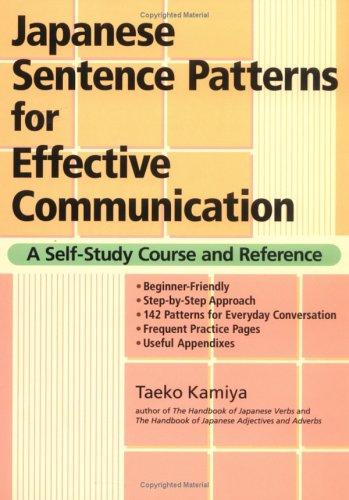Back in the 90s, a couple of lifetimes ago, I was working as a network administrator and trying to get better at computer programming. Somehow I thought it was going to be a thing. I got especially interested in a programming language called Perl, which was once frequently used for writing web-based software.
I started out with the book Learning Perl, which is a real classic, now in its sixth edition. It brought me up to speed on the language features, but only a comparative linguist cares about language features. The rest of us just want to do something with the language: make fireworks appear on the screen, order noodles, etc.
Learning Perl, for all its charms, isn’t really designed to do that. You learn enough to avoid syntax errors, but not how to solve problems. I didn’t get good at Perl until the [_Perl Cookbook_](http://www.amazon.com/gp/product/0596003137/ref=as_li_ss_tl?ie=UTF8&tag=mamstesgrubshack&linkCode=as2&camp=1789&creative=390957&creativeASIN=0596003137) came out.
Perl Cookbook is 500 pages of “recipes” for how to do actual useful stuff with Perl. They’re specific enough that each recipe might solve your problem, and general enough that if you don’t find the exact recipe you’re looking for, you can probably adapt a similar one. The cookbook approach has become popular in computer science, but less so–as far as I know–in language learning.
When you learn any language, but especially a human language, you end up with weird gaps. I know how to say “I love sushi,” but not “I want sushi.” How different could it be? Well, I don’t know. Maybe it involves switching out a single word, like in English. Maybe not. Languages differ in unexpected ways. Have you ever studied Spanish? How much did it make your stomach lurch when you learned there were two ways to say “to be,” and you’d have to figure out when to apply each one? (Japanese has three “to be”s–at least, three that I’ve learned so far.)
Luckily, I came across an amazing Japanese grammar book that is the equivalent of Perl Cookbook for Japanese. Whoever coined the phrase “don’t judge a book by its cover” had exactly this book in mind:
It’s called Japanese Sentence Patterns for Effective Communication, by Taeko Kamiya. The title is even more compelling than the cover, isn’t it? Japanese Sentence Patterns is the book equivalent of a skeezy hole-in-the-wall restaurant: great food, no decor.
Anyway, the book presents over 100 model sentences. Say you want to say, “I went to the park yesterday, but not today.” There’s a sentence pattern for that: number 55. You get the model sentence and three more examples (“I swam in the pool but not in the ocean.”) Then there’s an exercise: translate three sentences from English to Japanese. Each exercise comes with the vocabulary you need to complete it, so you’re being tested only on the grammar.
The overall effect is that you can practically feel mental marching feet laying down new pathways as you work through the practice sentences. I’ve been making Iris test me, and I think she enjoys the funny faces I make while trying to produce a grammatical sentence (“He drank at home, but not at a bar”).
Are there books like this for other languages? If you know of one, please post a comment.


There’s a whole series of great little books called things like “English Grammar for Students of French/German/Spanish/etc.” They’re basically grammar primers on both the foreign language and English — very useful if, like me, you were never actually taught English grammar in school. Check out the Japanese version:
http://www.amazon.com/English-Grammar-Students-Japanese-Learning/dp/0934034168